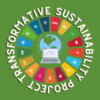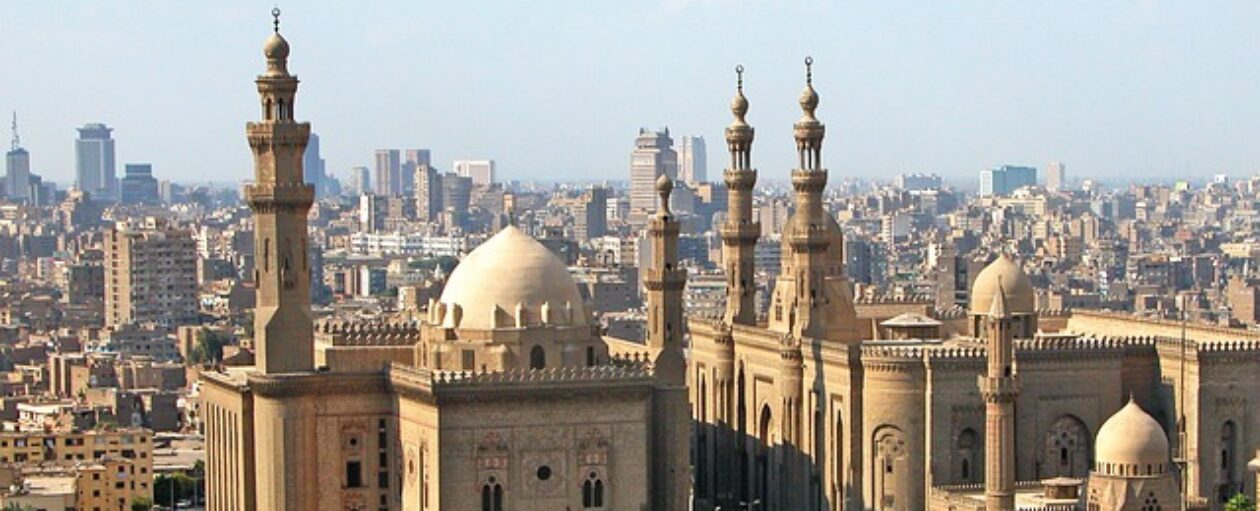Over the last seven weeks, you have participated in activities for our virtual collaboration project, “Examining Sustainability Challenges in Egypt Through Literature & Film.” This project was intended to develop understanding of sustainability challenges and opportunities in Egypt, examine the role of creative texts and media to inform, persuade, or advocate, and explore how humanities fields like literature and film offer ways of understanding individual and collective human behavior that are relevant to the global Sustainable Development Goals (SDGs).
As you complete this project, we ask that you take the opportunity to reflect on your experiences in the project – both its challenges and highlights and your efforts and learning.
Please use the below questions as a general guide to help prompt your thoughts and reflections. You are not expected to – nor should you – answer every question. Rather, use these questions as one or more starting points. You might also return to the project overview on the website to review our learning goals. Reflection is a mode of metacognition; it requires recall and thoughtful analysis of your own thinking processes and experiences. Think and outline before you start writing.
Your final reflection should be written in complete paragraphs and can consist of two sections according to the below organization. Aim for about 2 (double-spaced) pages in total. Prioritize sincere, detailed and sustained reflection over word count. As this is a personal reflection, you are of course encouraged to use the 1st person “I” in your reflection. Submit your reflection according to your instructor’s direction.
Prompting Questions
1. Content Reflections
- How did classroom discussions and content contribute to your understanding of the short stories and/or films? What specific information or activities felt most instructive?
- What new insights into Egyptian culture did the short stories and films offer you?
- How did reading the short stories through the lens of an SDG shape your interpretations?
- Do you think fiction or films can help address sustainability challenges? If so, how? If not, why not?
2. Collaboration Reflections
- What specific challenges did you face over the course of the project and its activities? Which of these challenges were due to cross-cultural communication and/or the logistics and practices of collaboration?
- What experiences struck you as particularly fulfilling and why?
- Did live literature circle discussions allow your group members to learn more about each other? If so, how? What did you learn from and about your peers in another country through the project?
- Were there any experiences that seemed to fall flat or fail to make the connections you wanted?

